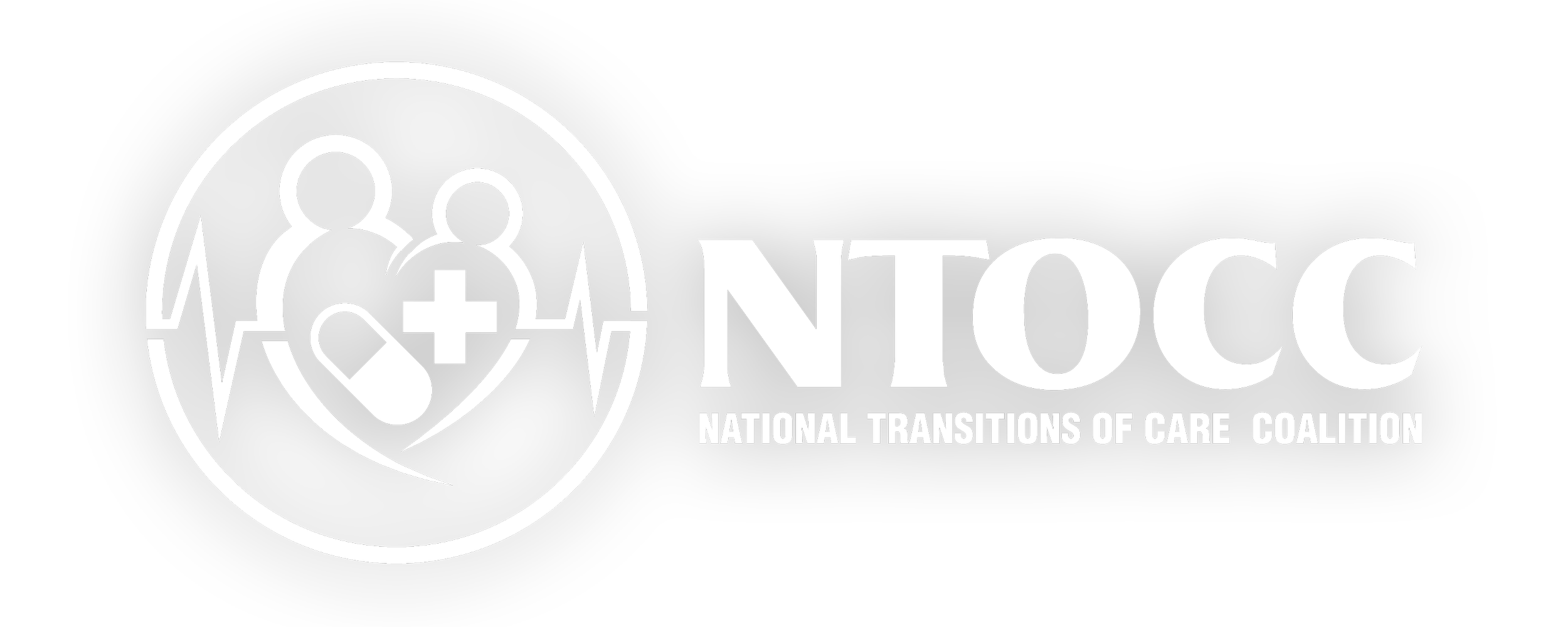PRIME and NTOCC Develop Collaborative Pathways for Successful Transitions of Care for Patients With Eosinophilic Esophagitis
February 25, 2022
Patients who are diagnosed with Eosinophilic Esophagitis (EoE) often find their care journey long and frustrating with unanswered questions about their condition. EoE is a chronic, T helper type 2 (Th2)–associated inflammatory disease characterized by marked eosinophilic inflammation of the esophagus (defined by a peak count of ≥ 15 eosinophils per high-powered field [eos/hpf] of esophageal biopsy tissue). EoE was recognized in the 1990s as a clinicopathologic disorder, which is relatively recent compared with the identification of other allergic diseases such as asthma and allergic rhinitis. To address the needs of providers and patients navigating the complexities of safely managing EoE at home, monitoring symptoms, maintaining communication between healthcare providers and patients, and navigating follow-up care coordination, PRIME and NTOCC work together to develop Collaborative Pathways for Successful Transitions of Care for Patients With Eosinophilic Esophagitis, to support care transitions for patients with EoE.
Developed by a steering committee of thought leaders from different practice and professional settings, the pathway provides strategies, resources, and tools that enable multidisciplinary transitions of care across health care settings. Providers will be able to identify and implement collaborative team-based approaches to EoE management, from diagnosis through ambulatory and acute care coordination. The pathway assists with improving care options and transitions to enhance the quality of the patient’s journey plus point-of-care resources for patient education and health management for use in daily practice.
The pathway is supported through an educational grant from Takeda Pharmaceuticals U.S.A., Inc.
About PRIME:
PRIME is a leading research and medical education company that advances the science of learning and behavior change among providers, patients, payers, and health ecosystems to improve competency, performance, and quality health outcomes. PRIME addresses gaps responsible for variations in care by leveraging real-world data, the latest clinical evidence, and innovative learning models to invoke positive change in health and wellness at the individual, system, and community levels. The scalable and sustainable solutions PRIME delivers have measurably improved patient care for over 28 years.
About the National Transitions of Care Coalition (NTOCC):
The National Transitions of Care Coalition is a 501(c) (4) dedicated to addressinCollaborative Pathways for Successful Transitions of Care for Patients With Eosinophilic Esophagitisg a serious U.S. healthcare issue: filling the gaps that occur when patients leave one care setting and move to another care setting. These transitions include patients moving from primary care to specialty physicians; moving or transferring patients from the emergency department to intensive care or surgery; or when patients are discharged from the hospital to home, assisted living arrangements, or skilled nursing facilities. Working in conjunction with 450 Associate Member organizations and over 4,000 individual professional subscribers, NTOCC has developed tools and resources made available to everyone in the healthcare industry including providers, payers, patients and consumers.
